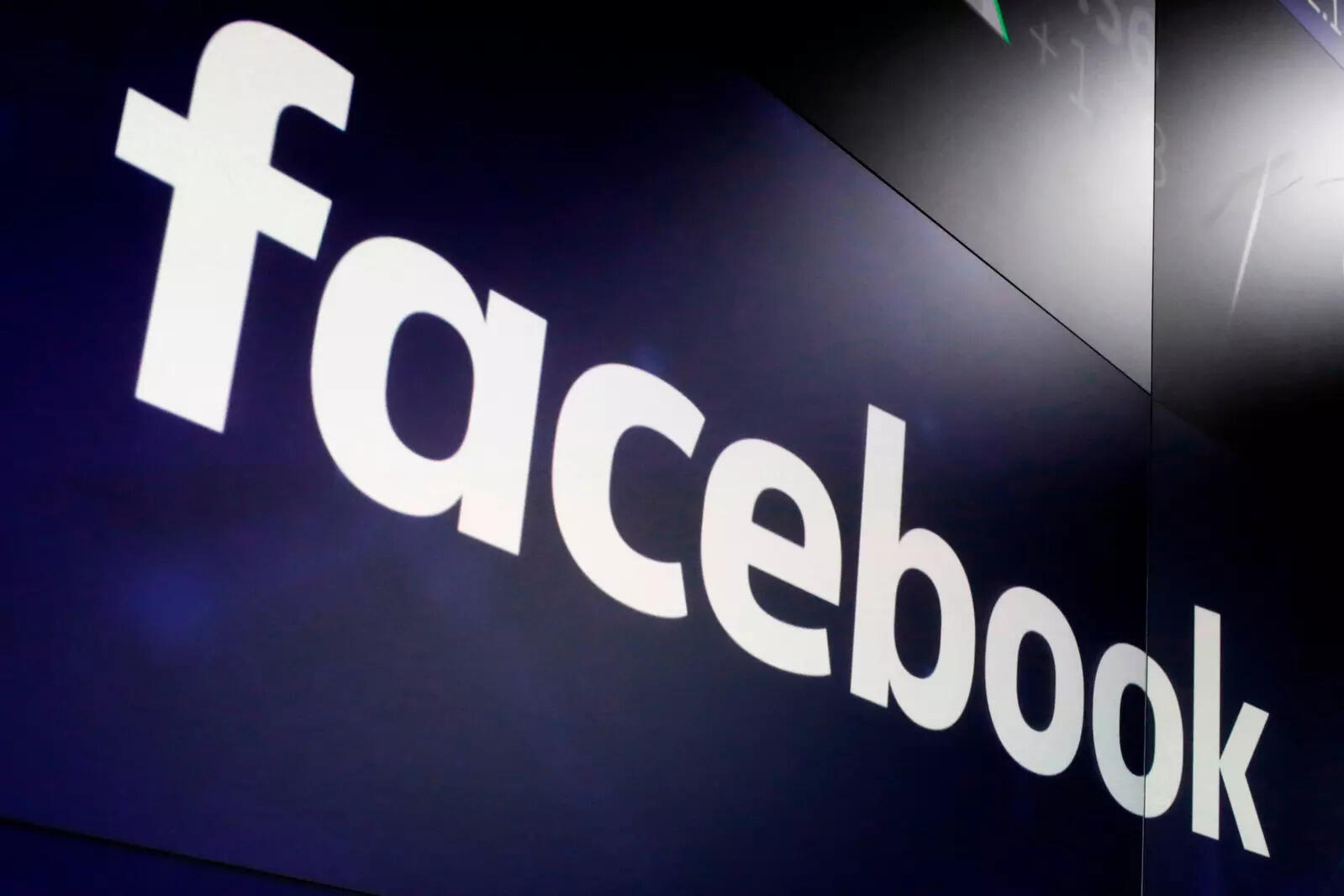Facebook tries to stop a $3.7 billion mass boycott of the UK due to market dominance

Facebook are requested a London tribunal to dismiss claims that the social media company used its dominating position to profit from the personal data of its users.
The case may be worth up to £3 billion ($3.7 billion).Meta Platforms Inc. has been the target of a class action lawsuit., the parent corporation of the Facebook group, on behalf of the estimated 45 million Facebook users in Britain.
The plaintiff, a legal scholar named Liza Lovdahl Gormsen, claims that Facebook users were not fairly rewarded for the value of the personal information they were required to supply in order to utilise the network. According to her attorneys, users should be compensated for the economic value they would have gained if Facebook did not hold a monopoly position in the social network sector. But Meta argued that the case should not go forward since it was “totally without merit. According to its attorneys, the alleged damages disregard Facebook’s “economic worth.
On Monday, Lovdahl Gormsen’s attorneys requested certification of the lawsuit under the UK’s collective procedures framework, which is approximately equal to the class action process in the United States, from the Competition Appeal Tribunal. The tribunal’s determination of whether the individual cases may be adequately handled collectively will determine whether or not collective proceedings will be certified, not their merits. According to Ronit Kreisberger, who is Lovdahl Gormsen’s attorney, “Meta’s data methods violate the ban on abusive behaviour by dominant corporations.
Kreisberger asserted that Meta would have a case to answer at trial. However, attorneys for Meta argued that the case incorrectly believes that any “extra profits” it could make are equivalent to a loss of money for specific Facebook users.
According to Marie Demetriou in court records, this strategy “takes no consideration whatsoever of the enormous economic value of the service supplied by Facebook, She said that Lovdahl Gormsen’s assessment of the total damages suffered by possible claimants £3 billion, including interest is “at the absolute least massively overstated. Meta will pay $725 million after millions of Facebook users’ personal information was used without their permission.
According to a court document, Meta, the corporation that owns Facebook, will pay up $725 million (£600 million) to plaintiffs in a class action lawsuit alleging privacy violations associated with the Cambridge Analytical incident. A long legal dispute regarding disclosures that the political consultant had will be resolved as a result of the accord.tens of millions of Facebook users’ data were fraudulently taken, and they used it to target political ads.
Lesley Weaver and Derek Loeser, the case’s attorneys, said that “this historic settlement willgive real relief to the class in this difficult and unusual privacy matter.
Lesley Weaver and Derek Loeser, the case’s attorneys, said that “this historic settlement willin a court filing, they said that it was 10% higher than the next-largest country, the United States.as well as Facebook for signing up users for face recognition services without their consent.
A Meta spokesman stated in a statement that “we pursued a resolution since it’s in the greatest interest of our community and investors.”Over the past three years, we have updated our privacy strategy and implemented a reliable privacy programme. With privacy at the centre, we look forward to continuing to develop services consumers enjoy and trust. As part of the deal, which still needs to be authorized by a judge, the business made no admissions of wrongdoing.
The lawsuit was centred on accusations that Facebook broke local, state, and federal laws by allowing app developers to continue routinely collecting user data. According to the complaint, users were duped into thinking that Facebook gave them control over their personal data while, in reality, the business “continued to enable a chosen list of app developers to access the information of users’ friends, despite its pledges to restrict access.
Facebook’s major line of defense was that users couldn’t anticipate total privacy for information that they had posted on the internet before, knowing that their friends would see it. The corporation said that as a consequence, the users had not experienced any “tangible” harm.
That was rejected in 2019 by Judge Vince Chhabria, who noted that Facebook’s plea to dismiss was “replete with assertions aboutthe extent to which social media users may reasonably expect their personal information and chats to remain private. Facebook’s perspective is completely incorrect. Sharing information with your friends on social media does not always negate your right to privacy in that information.
The disclosures surrounding Cambridge Analytics, which obtained the data of tens of millions of Facebook users by working with a personality quiz company and utilizing the Facebook API to create detailed profiles on people’s behavior and personalities, are at the centre of the case. The programme was discovered by Facebook in 2015, but it wasn’t made public until March 2018 when the Observer published an investigation revealing the operation’s interference in the US election.
edited and proofread by nikita sharma





